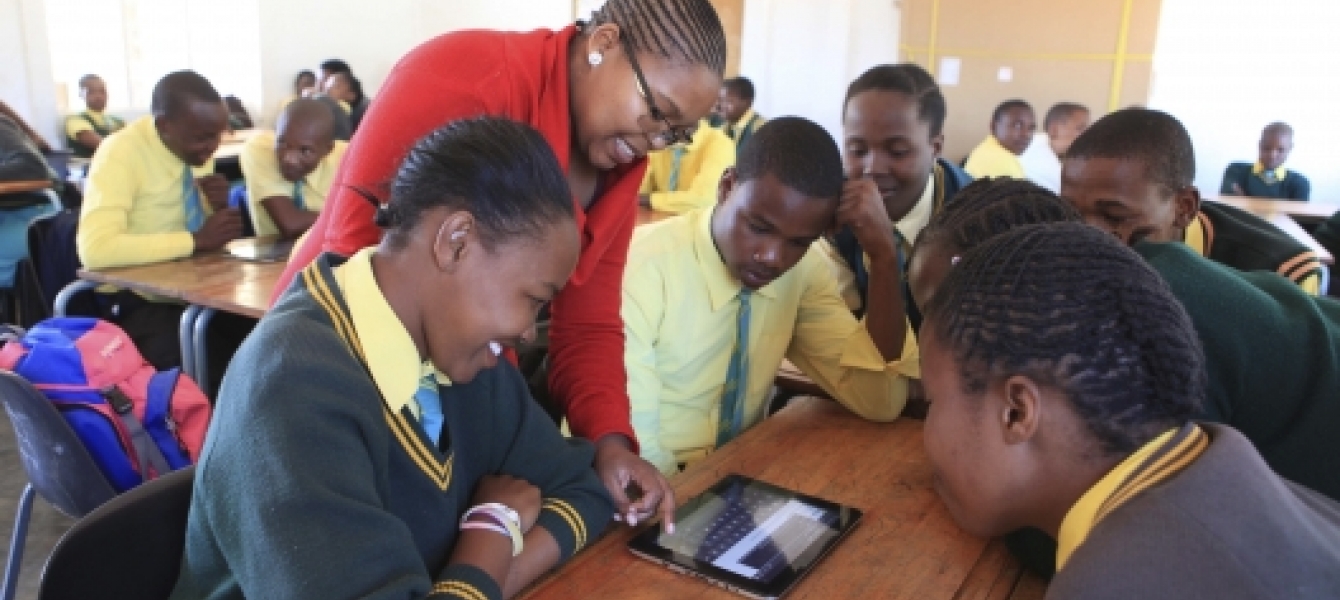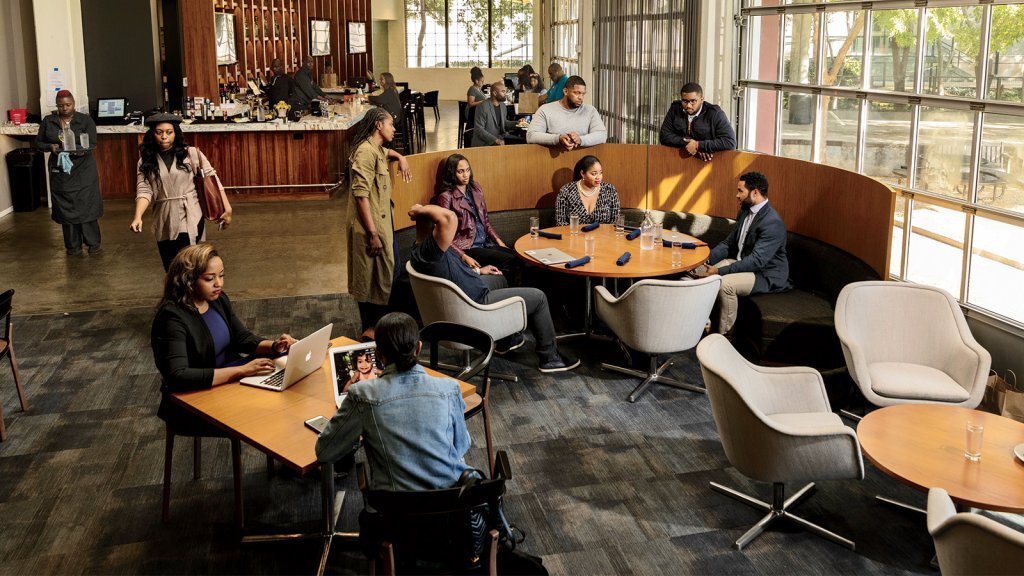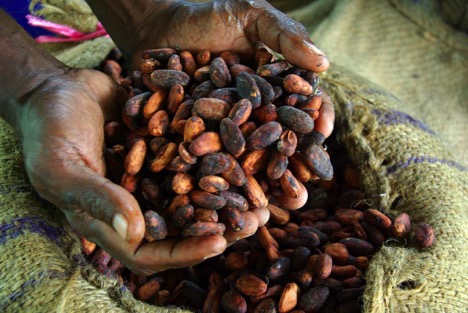By Majella Mark
- The average cost for international schools in Africa is $4K to $10K annually
- The top African countries with child education demands are Nigeria, Congo, Ethiopia, Egypt, Tanzania and Uganda
As Africa progresses economically the demand for better housing, amenities, entertainment and education systems is on the rise. Families are seeking out affordable private schools for their children, as the average cost for an international school in Africa would run parents $4,000 to $10,000 annually. One classroom in Africa can cost anywhere from $9,000 to $14,000 to build. A school can charge as little as $1 to $2 a day, per student helping many people build foundations for their family’s futures. The top African countries with child education demands are Nigeria, Congo, Ethiopia, Egypt, Tanzania and Uganda, but there is potential business all over the continent.
Why This Matters: There has been concern about the privatization of education in the region, but even the UAE associated SABIS Network has a 20% stake in a $16 million development in Kenya with Centum and Investbridge both holding 40% of the investment. Expats seem to be able to pay on average $20,000 to $40,000 annually for more exclusive international schools, which leaves many who are transitioning from poverty to comfort in need of good education for their children at a more affordable price.
One person who got the cost down is Cameroonian founder of Enko Education, Cyrille Nkontchou. They have fourteen schools in nine countries costing an average of $3,000 per student annually.
A school teacher could make a great annual salary of $60,000, but with that comes lack of supplies, restrictions and feelings of helplessness. Teachers are constantly bound by the lack of resources, politics and daily challenges with their students. Although the school systems in North America and the United Kingdom are pretty established with no chance of drastically changing, there is an opportunity to experiment, innovate and see progress at a satisfactory pace right in Africa.
Situational Awareness: Establishing relationships with community leaders and understanding the specific needs of the villages can help create a private school give an educator creative freedom and tactical experience, while also providing a direct view of the impact made in the community. If a group of teachers came together to start a private school, they will not only have the power to make real change, but the confidence to replicate their success right back home in the Western World.
CBx Vibe: “School Days” Chuck Berry









